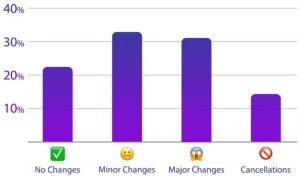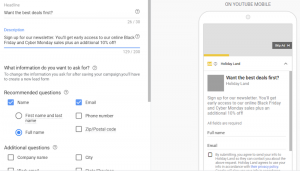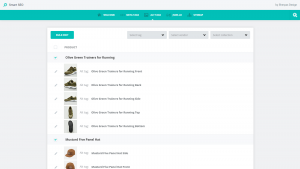Covid-19 lockdown is still with us, and there can be no denying that the business and economic landscape is deteriorating. In the UK, around 10% of businesses have vanished, and this figure, once revised, will be higher. Richard Branson has appealed for government help for Virgin Atlantic one of Britain’s biggest brands.
Part of the problem is that this is an unprecedented time. None of us has had to cope with this kind of situation. During the financial crash, you could at least sell to customers as your store could open. The Covid-19 situation is a different animal completely.
As such, it is a case of cometh the hour, cometh the man/woman. Leadership is needed to guide your brand and business through an increasingly difficult time. Here is guidance which may prove useful.
Stay Healthy
It is important as a leader that you do not get the virus. Adhere to government guidance, eat properly and exercise. This sets a good example to your employees who will look to you for guidance.
Communication to Employees
One of the first acts to do as a leader is to communicate government policy precisely. Keep the flow of information clear and precise and ensure you communicate updates promptly. It is a good idea to talk with furloughed staff at least every week.
Ensure that they know:
- If they should stay home.
- New working policies to implement social distancing.
- Pay situation.
- Working from home policies and practices.
- PPE that will be provided/expected.
Try to ensure they stay healthy by obeying lockdown guidance, exercising and eating healthily.
Maintaining a Bottom Line
There will be inevitable redundancies due to Covid-19. This will affect not just the smaller business but the bigger brands as well. We see this in industries worst affected by lockdown, such as the travel industry.
Given that at some point things will return to normal and demand for your products and services will return, you will need your staff to bounce back. Therefore, it is a good idea to make redundancies a last resort where you can.
With this in mind, look at other methods to keep the company on track. Consider:
- Ensuring you are paid. Chase unpaid invoices as a priority.
- Reduce outgoings from suppliers and look to negotiate better cost-effective deals.
- Claim as much government assistance as you can.
- Look to minimise expenditure as much as possible.
If things reach a point where the above is not generating cash flow, consider offering reduced hours to staff to keep expenditure down. Given that people can only buy online and can’t spend their money on other things, they may agree.
Keep Marketing
Marketing is one of the first things to be slashed when a crisis hits. The logic is at first glance understandable, but the bigger picture reveals this is a mistake. Once business picks up, companies that have made no marketing efforts during this time may well go to the wall as they struggle to make up lost ground. Businesses that have contact with their customer/client base will be ahead of the curve and ready to secure contracts.
The key is to get creative with your marketing. Consider the following:
- Using digital marketing to build leads. Some industries are noticing a drop in cost per click (CPC), making conversions cheaper on Google and Facebook. Leverage email marketing to reach current and new potential customers and clients.
- Don’t ignore the virus. Always acknowledge that it exists and try to relate to the needs of your customer in your marketing.
- Reach out to your customers, asking how they are. Let them know that you are still around.
- If your customers are not in a position to buy, offer them quotations guaranteed until the end of the year. You have a greater chance of securing business once it can resume.
Business & Finance Articles on Business 2 Community
(10)







